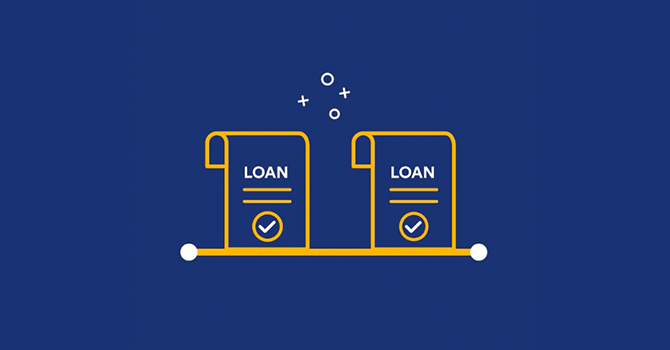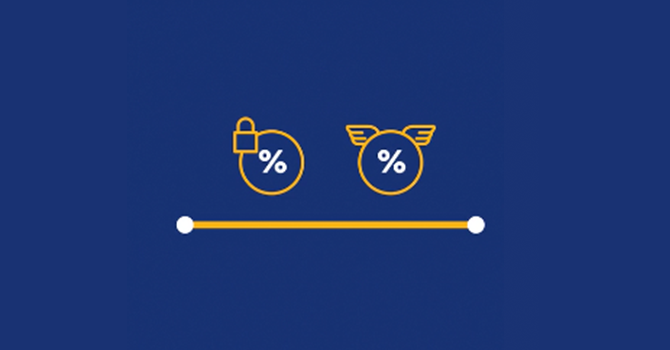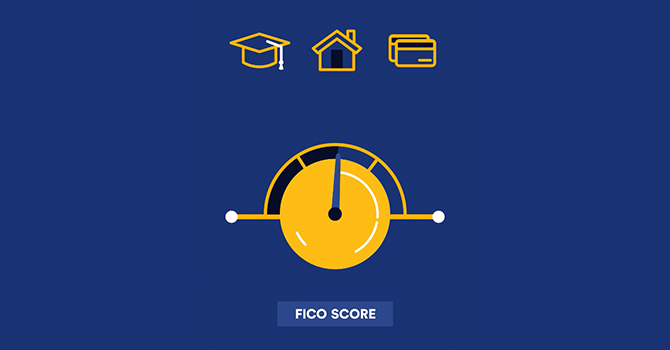What Is Student Loan Forbearance?
You may be eligible for a general forbearance if you have financial hardship, medical expenses, a change in employment, or other qualifying reasons.

If you’re having trouble making your monthly student loan payments, a student loan forbearance could give you the option to pause your payments, or pay a little less, for a limited time.
For either direct subsidized or unsubsidized federal student loans, you may be eligible for a general forbearance if you have financial hardship, medical expenses, a change in employment, or other qualifying reasons. You can also request a mandatory forbearance if: your student loan debt exceeds 20% of your income, you’re enrolled in a medical residency, you’re active in the National Guard, or you have other circumstances that make it difficult to pay.
A federal forbearance lasts 12 months, with the option to renew. Interest on your debt will continue to accrue, but you can choose to pay it monthly or capitalize it, which is when your total deferred interest is added to your principal balance.
Some private lenders, like Laurel Road, may offer economic hardship forbearance for private loans, ranging from 2 to 12 months.
While forbearance could give you a chance to catch up, it’s not a long-term solution. Pausing or lowering your payments can help you in a jam, but it shouldn’t be your only plan.
Don’t miss the latest financial resources.
This site is protected by reCAPTCHA and the Google Privacy Policy and Terms of Service apply.
Get tailored Laurel Road resources delivered to your inbox.
Search Results


